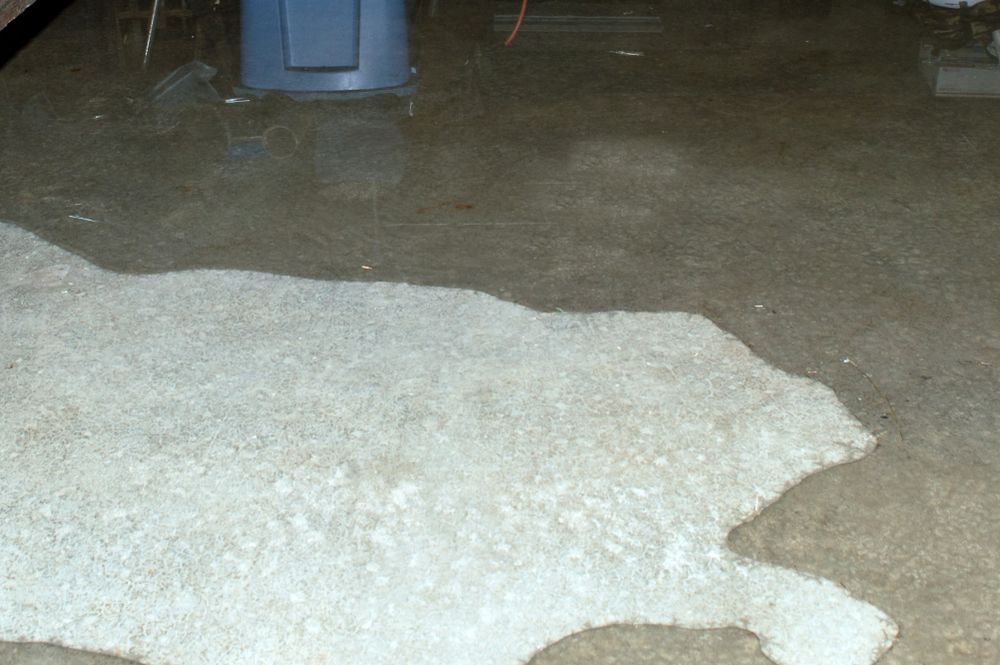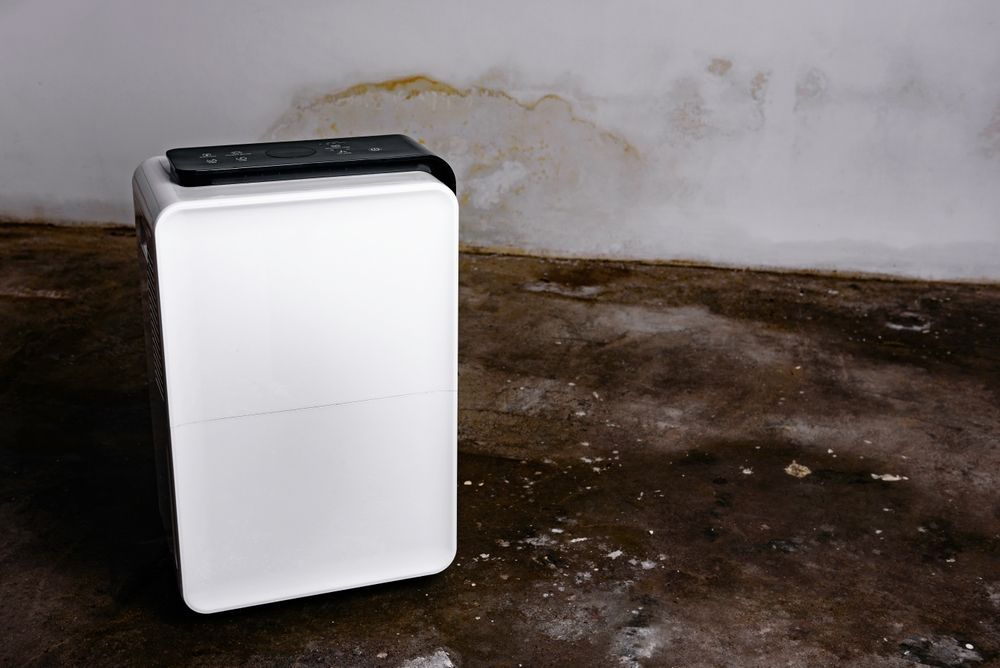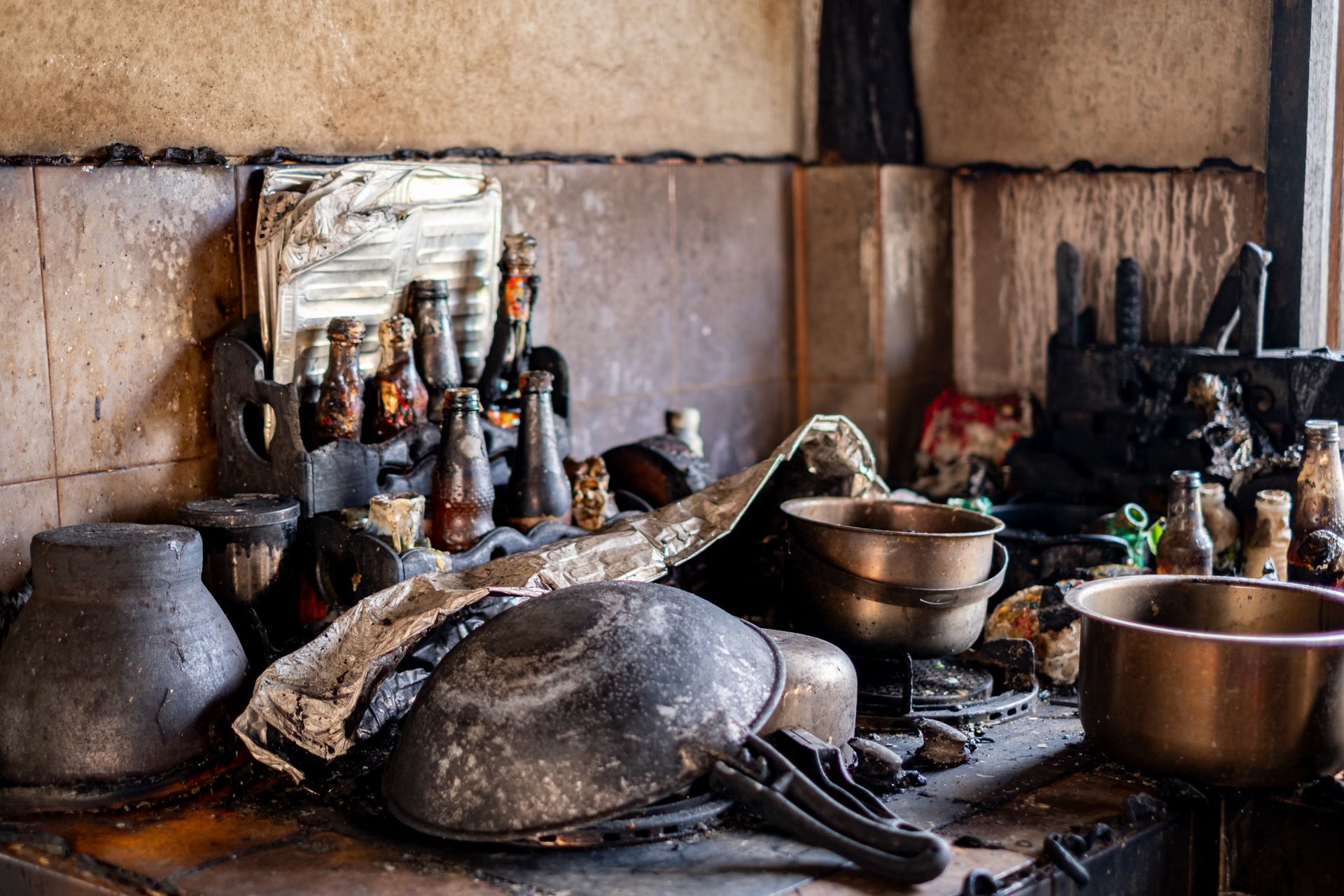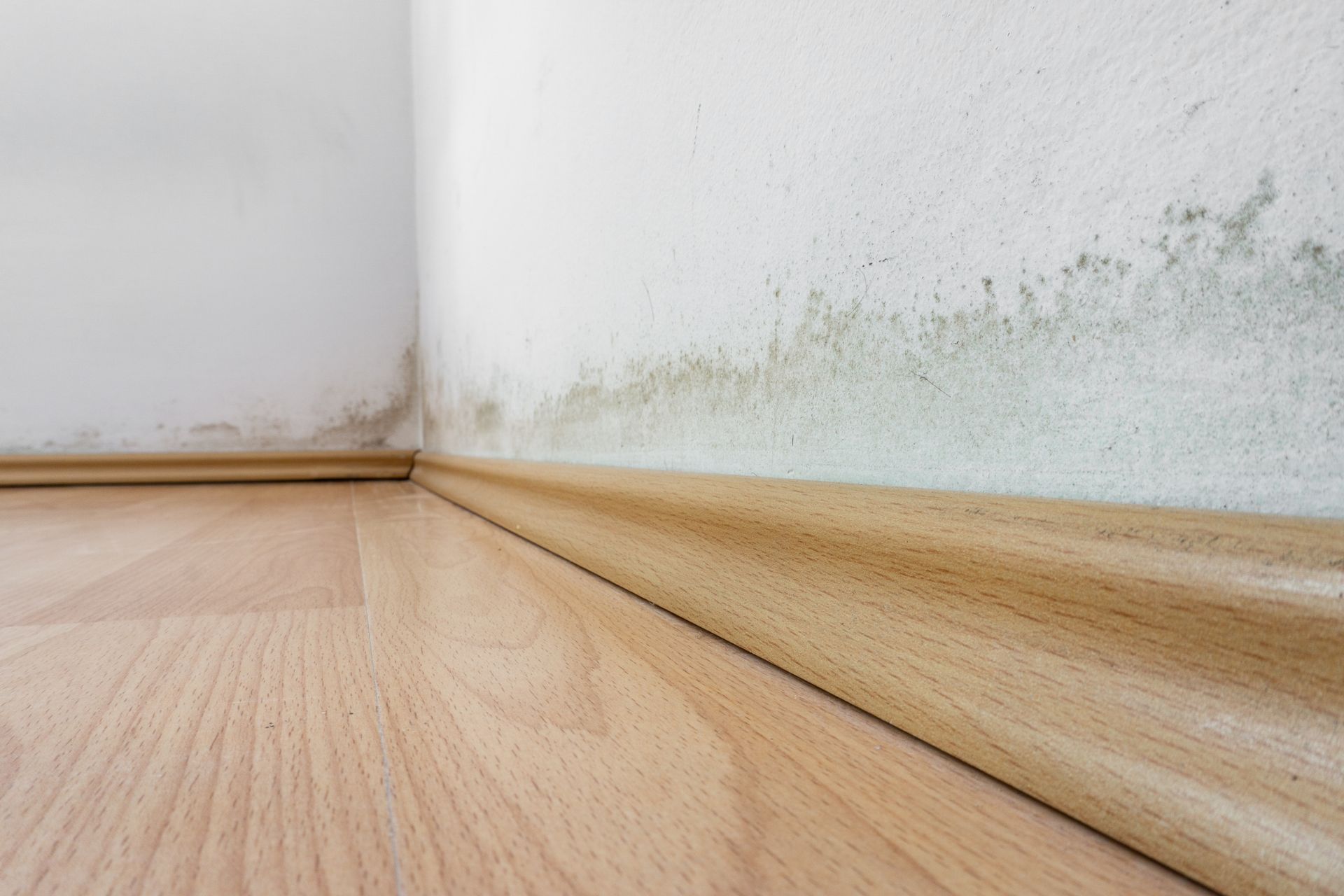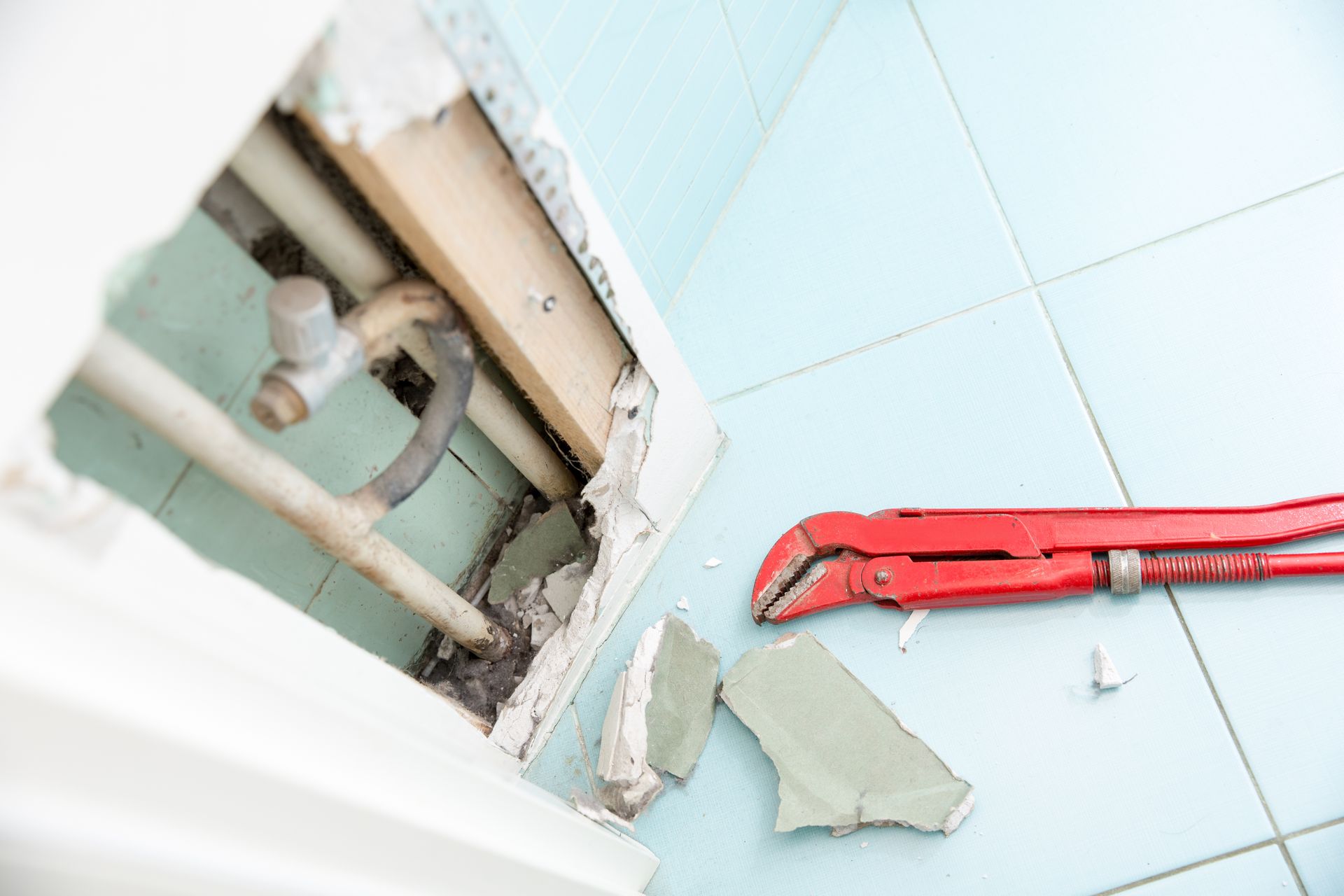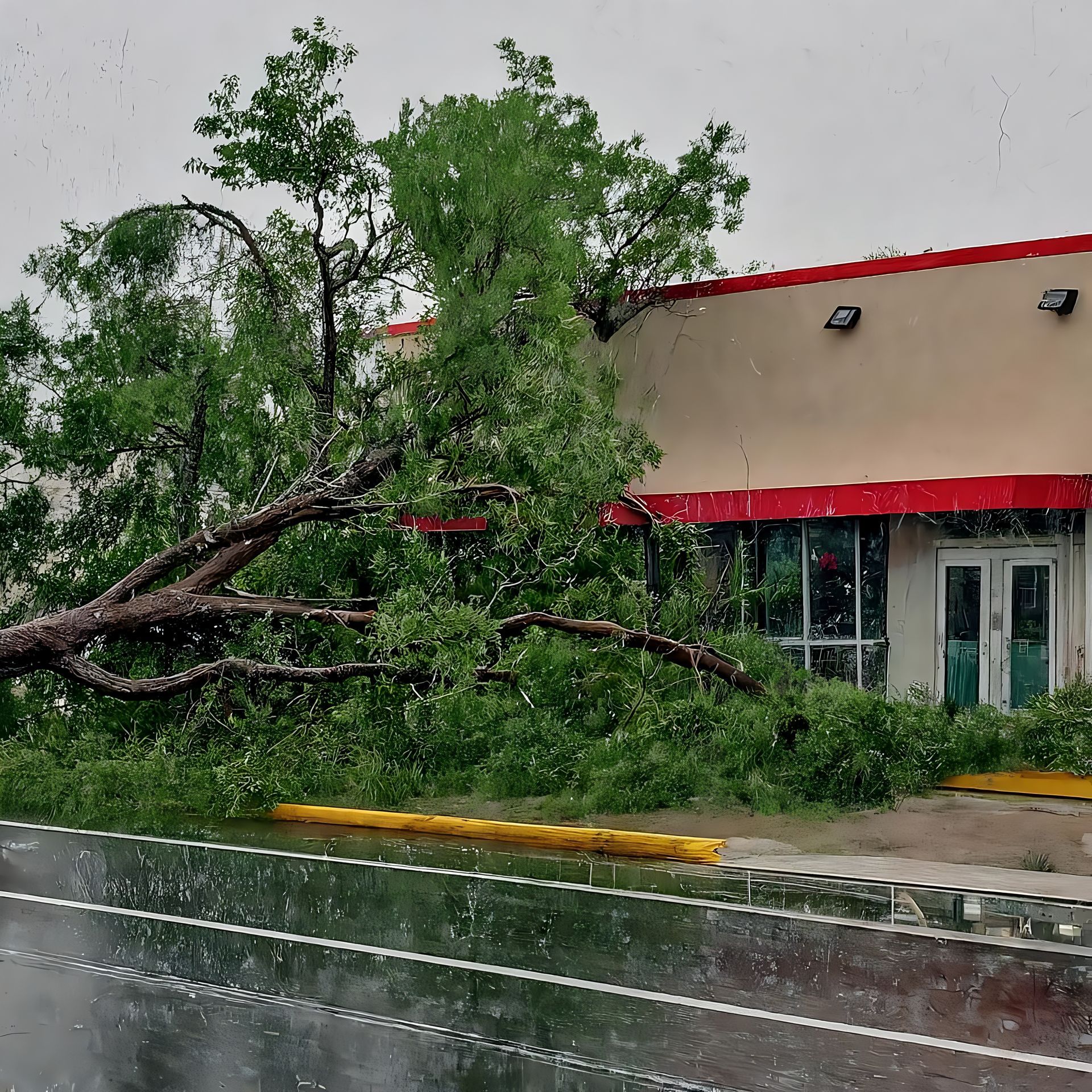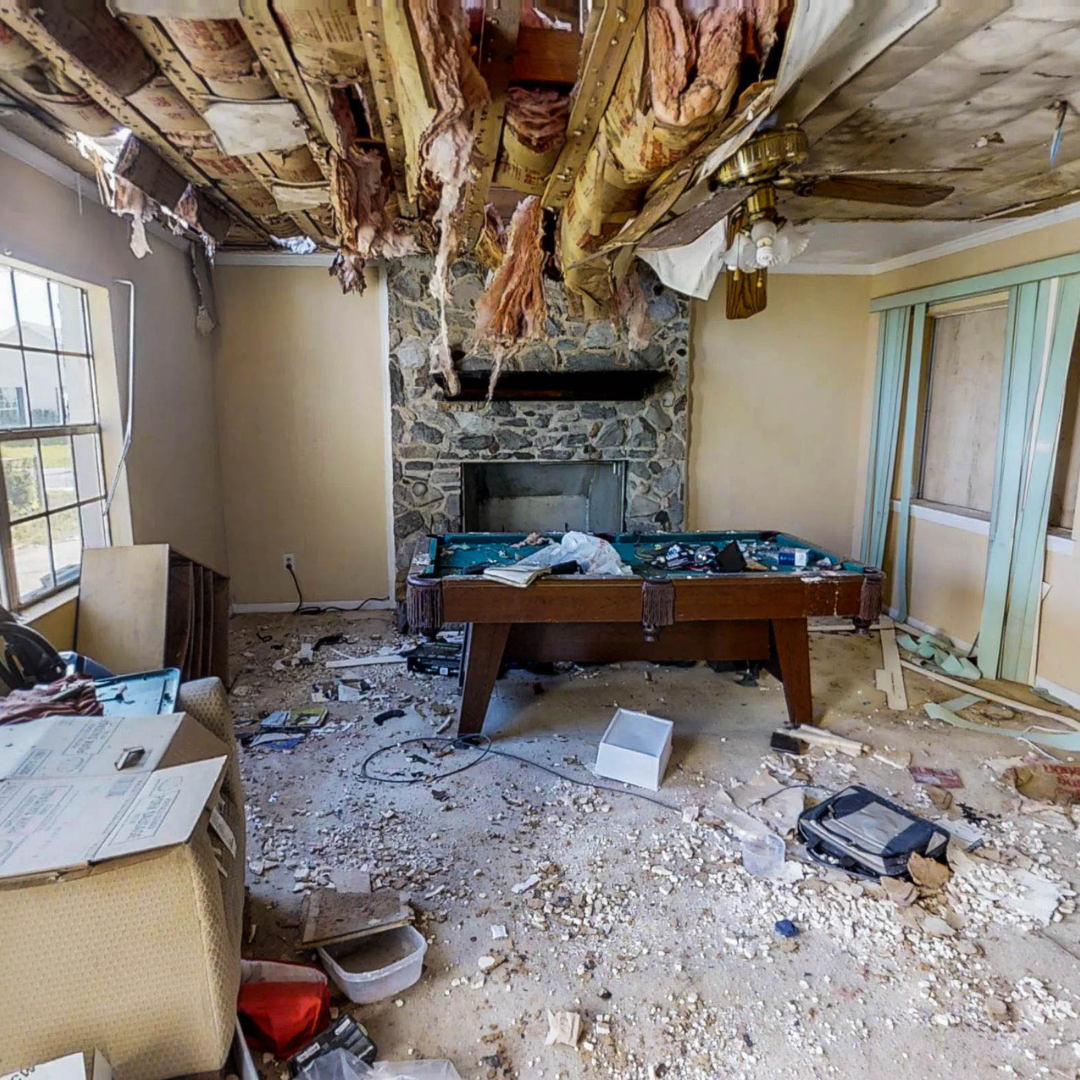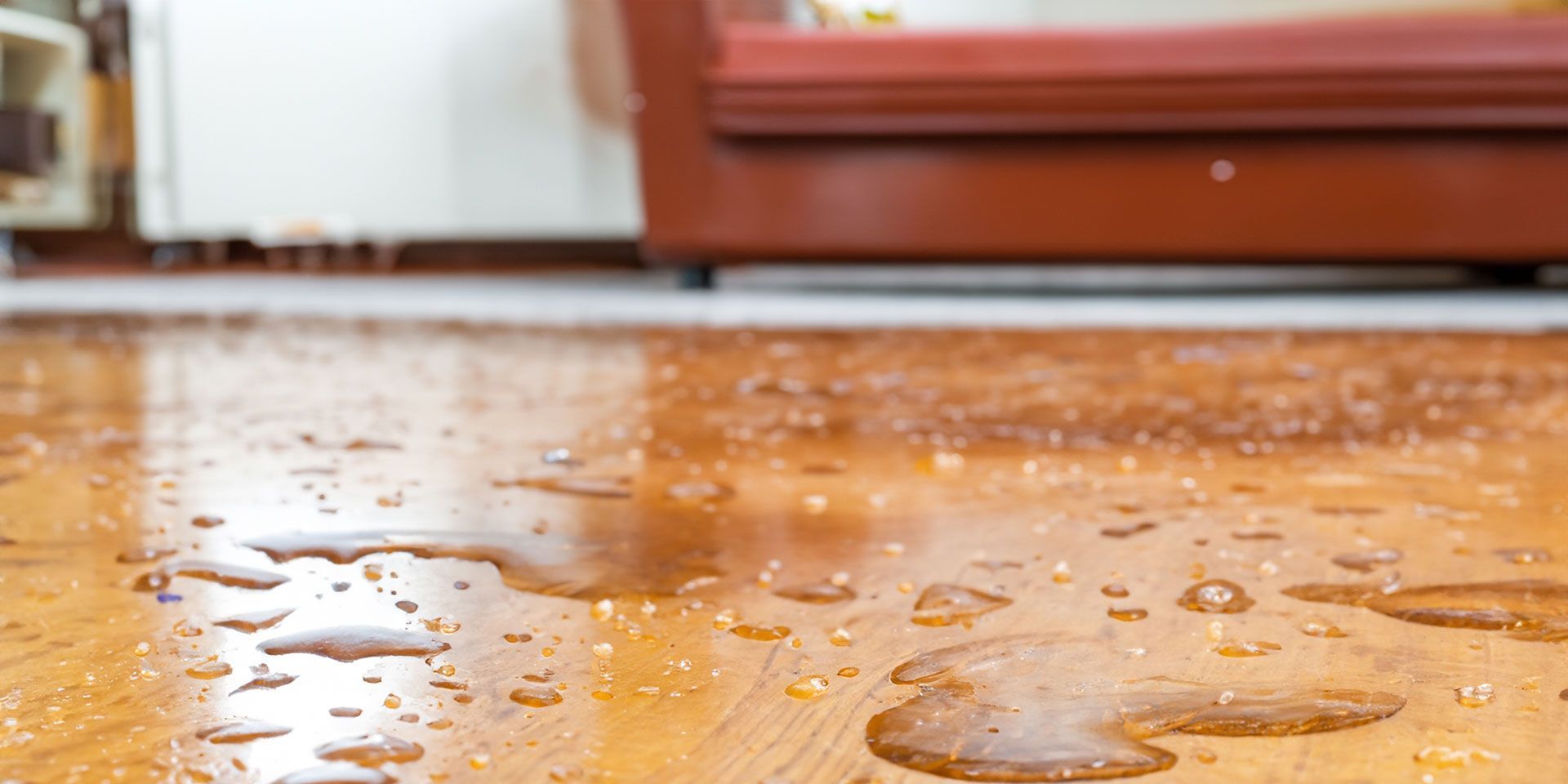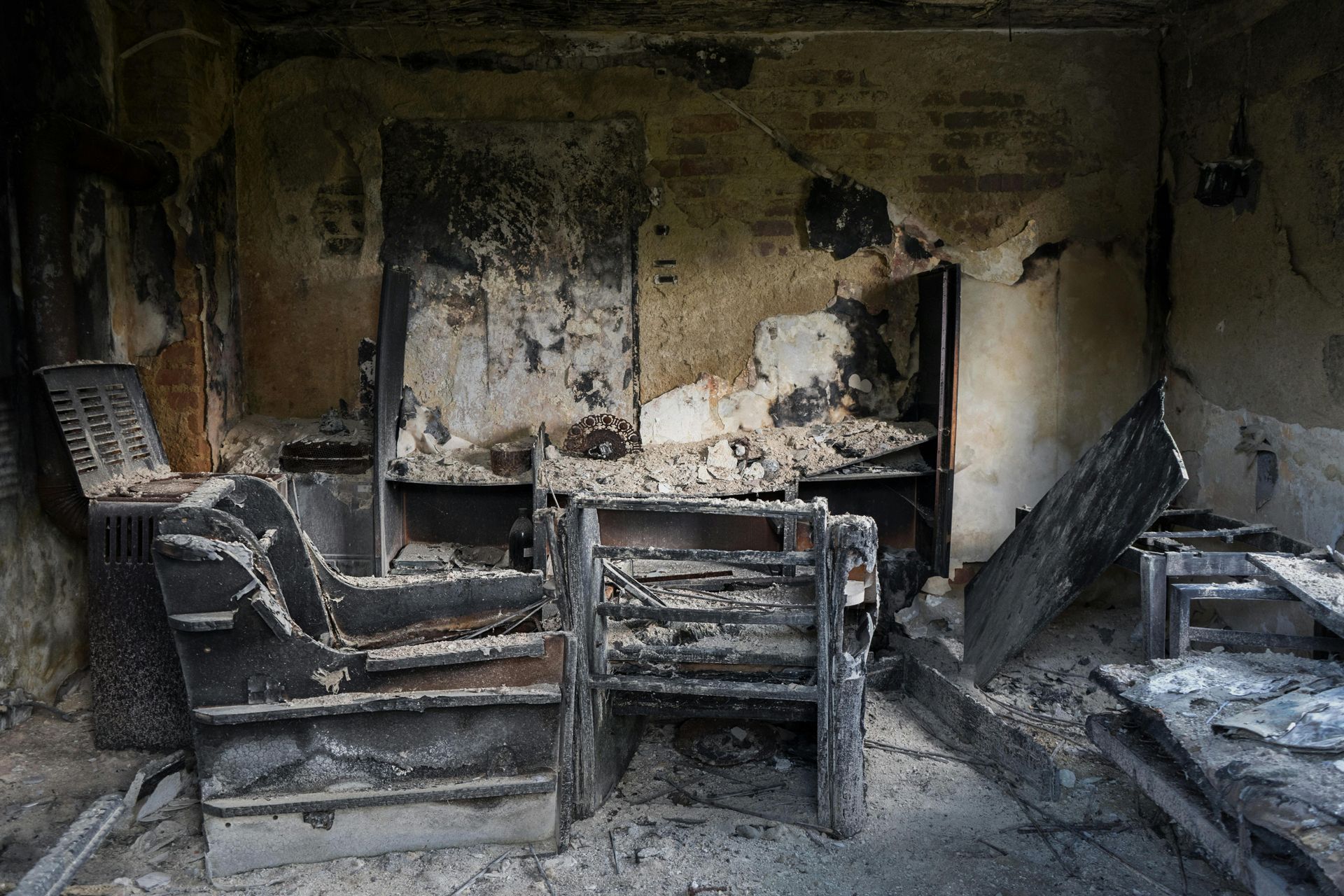DIY vs. Professional Restoration: Saving Your Water-Damaged Wood Floors
Should You Tackle Water-Damaged Wood Floors on Your Own or Trust the Professionals?
Water damage can spell disaster for wood floors, often leaving homeowners with the dilemma of tackling the issue themselves or calling in professional restoration services. While a DIY approach may initially seem cost-effective and convenient, water damage requires careful handling to prevent long-term consequences like warping, mold, and weakened floorboards. This article will explore the pros and cons of both DIY and professional restoration, common pitfalls in the DIY process, and why professional expertise is often the safest route to restoring your water-damaged wood floors.
Understanding the Impact of Water Damage on Wood Floors
Water damage affects wood floors in several ways:
- Cupping: The edges of the planks rise higher than the center, creating a concave shape.
- Warping: The wood twists or bends due to excessive water absorption.
- Buckling: Planks lift entirely from the subfloor, often requiring replacement.
- Discoloration and Mold Growth: Prolonged exposure can lead to mold, mildew, and permanent staining.
These issues don't just compromise aesthetics—they also weaken the structural integrity of the floor. Acting quickly is crucial, but how you act can make all the difference.
DIY Restoration: Pros, Cons, and Common Mistakes
Many homeowners are drawn to the DIY route for its potential savings. However, water-damaged wood floors require more than a mop and fans. Let’s break down the DIY approach.
Pros of DIY Restoration
- Lower Initial Costs: Avoiding professional service fees can be appealing, especially for minor surface damage.
- Immediate Action: If the damage is minor and localized, simple steps like drying the area can prevent further issues.
- Learning Opportunity: For those handy with tools, DIY repairs can be satisfying and educational.
Cons of DIY Restoration
- Limited Tools and Expertise: Most homeowners lack access to industrial-grade dehumidifiers, moisture meters, and sanding equipment.
- Time-Consuming: Proper drying, sanding, and refinishing take significant time and effort.
- Increased Risk of Mistakes: Without proper knowledge, DIY efforts can worsen the damage or leave hidden moisture that leads to future problems.
Common DIY Mistakes to Avoid
- Ignoring Hidden Moisture: Water can seep into subfloors, walls, and crevices where it isn’t visible. Surface drying isn’t enough.
- Over-sanding: Sanding too much to remove warping or discoloration can weaken the floorboards.
- Inadequate Drying Time: Rushing to refinish the floor without fully drying it can trap moisture, leading to buckling and mold growth.
- Using the Wrong Products: Homeowners might use improper cleaning agents or finishes that damage the wood further.
While DIY might suffice for minor spills or superficial damage, anything more severe requires a professional’s touch.
Professional Restoration: Why It’s Worth It
Professional restoration services are designed to address water damage comprehensively and efficiently. Here’s why they’re often the better choice.
Advantages of Professional Restoration
- Advanced Equipment: Professionals use high-powered dehumidifiers, fans, and moisture detection tools to ensure every drop of water is removed.
- Expertise and Experience: Trained technicians understand wood floor construction, moisture behavior, and repair techniques, reducing the risk of errors.
- Comprehensive Solutions: Beyond drying, professionals handle sanding, refinishing, and even replacing damaged boards when necessary.
- Speed and Efficiency: A professional team can restore your floors quickly, minimizing downtime and preventing further issues.
- Insurance Coordination: Many professional services assist with insurance claims, easing the process for homeowners.
When to Call a Professional
- The water damage extends beyond the surface (e.g., subfloors or walls are affected).
- There’s evidence of mold or a musty odor.
- The floor shows severe buckling, cupping, or warping.
- The damage stems from contaminated water (e.g., sewage backups).
Comparing Costs: DIY vs. Professional Restoration
At first glance, DIY restoration seems cheaper. However, hidden costs often emerge:
- Tool Rentals: Renting commercial equipment like dehumidifiers or floor sanders can add up quickly.
- Mistake Corrections: Fixing errors made during DIY attempts can double the restoration cost.
- Long-Term Damage: Poor DIY fixes can result in structural damage or mold remediation needs later on.
Professional services may have a higher upfront cost but often save money in the long run by ensuring the job is done right the first time.
Protecting Your Floors: Preventative Measures
Once your wood floors are restored, consider these steps to minimize future water damage:
- Address Spills Immediately: Wipe up water promptly to prevent it from seeping into the wood.
- Use Rugs in Vulnerable Areas: High-traffic or moisture-prone spots, like kitchens or entryways, benefit from rugs or mats.
- Maintain Plumbing: Regularly inspect pipes and appliances to prevent leaks.
- Control Humidity: Use dehumidifiers in damp climates to prevent excessive moisture buildup.
- Seal Your Floors: Applying a protective finish can add an extra layer of water resistance.
Choosing the Right Restoration Partner
When it comes to professional restoration, selecting a reliable provider is crucial. Look for companies with:
- Certifications and Training: Such as IICRC (Institute of Inspection Cleaning and Restoration Certification).
- Positive Reviews and Referrals: Customer testimonials can provide insight into quality and service.
- 24/7 Availability: Water damage doesn’t wait—your restoration team shouldn’t either.
For expert water damage restoration, consider reaching out to Restoration 1’s Water Damage Services for prompt and professional assistance.
Conclusion: DIY or Professional?
While minor water damage may be manageable with DIY methods, most cases require professional intervention to ensure thorough and lasting results. The risks of hidden moisture, improper drying, and further damage far outweigh the initial savings of a DIY approach. By investing in professional restoration, you protect your wood floors, home value, and peace of mind.
When water damage strikes, don’t hesitate to call in the experts—your floors deserve nothing less.
